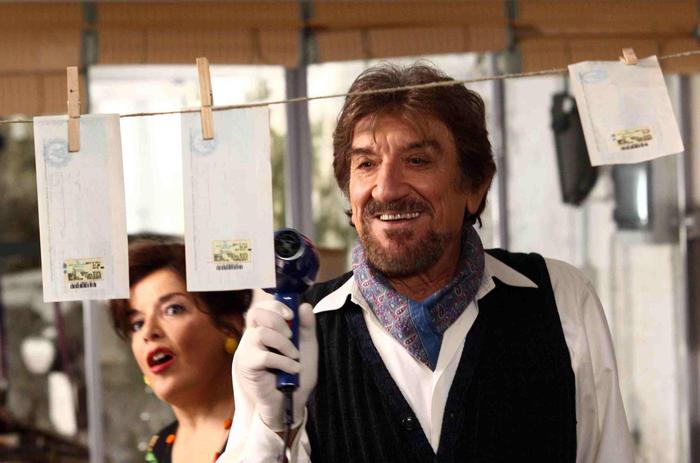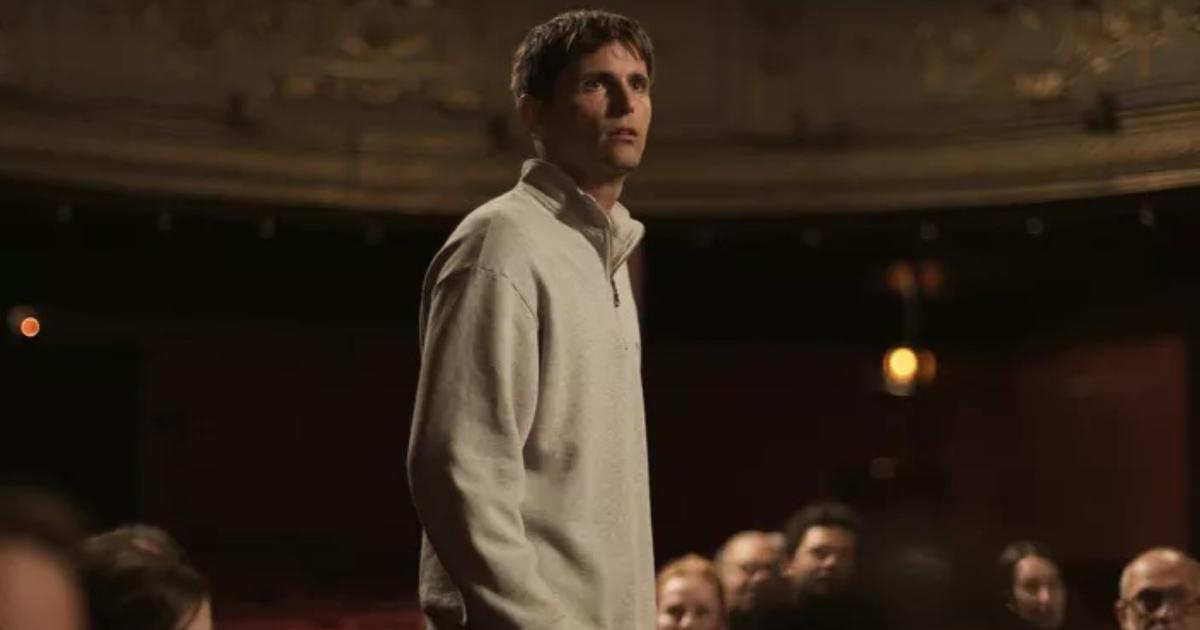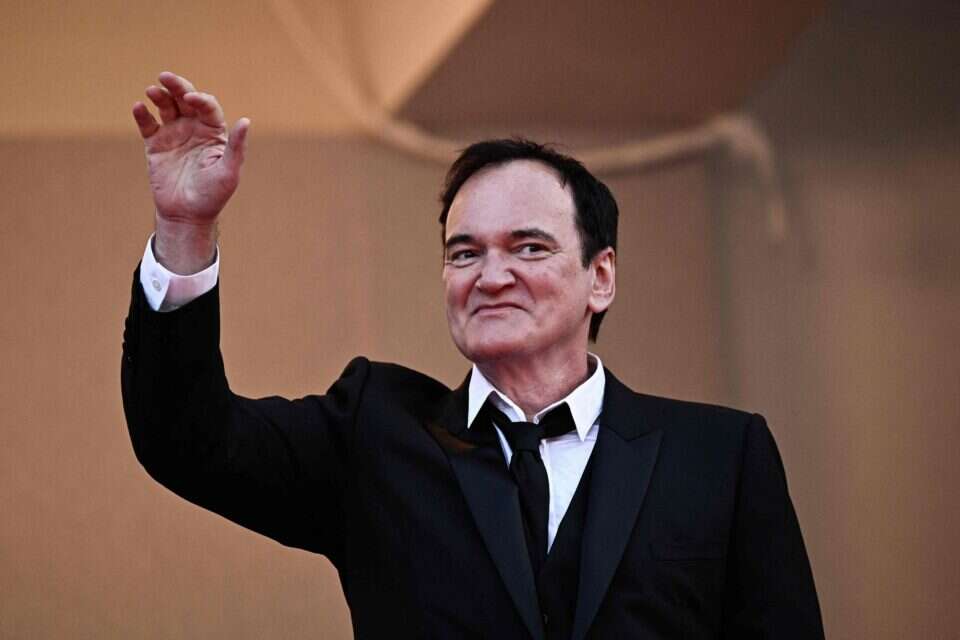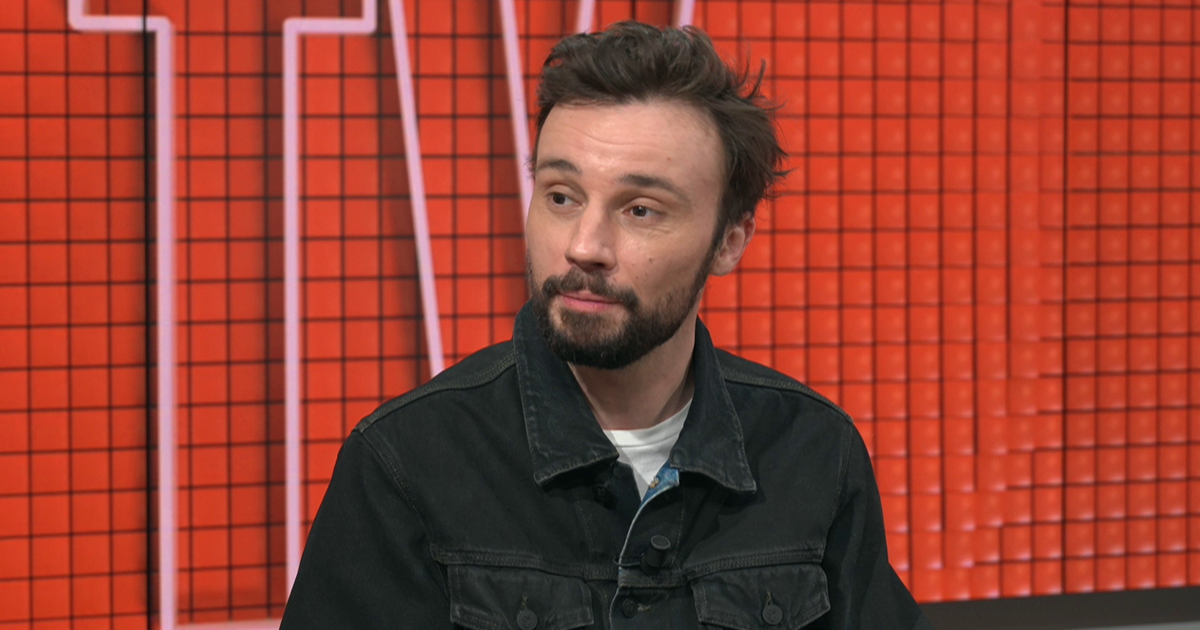Had he continued to work with American filmmakers who adored him (Sidney Lumet in the 1960s, Robert Altman and Ted Kotcheff ten years later), he would also have a star on Hollyood's Walk of Fame today to celebrate his glory on his birthday. 80 / o birthday.
Gigi Proietti had everything to be adopted at the Mecca of Cinema: he was handsome, handsome, cultured but popular, gifted for languages and accents, master of an unparalleled verbal technique, unrivaled character actor.
Instead, like his teachers and fellow countrymen (Sordi and Manfredi in primis) he suffered from the distance from home and the insecurity of the provincial.
If Federico Fellini had chosen him for the role of Giacomo Casanova (for which in the end he had to be content with voicing Donald Sutherland) he would have become immortal.
Instead, Italian cinema rarely trusted him as a leading actor.
The character actor's mask remained impressed on him and he, after all, liked it that way, free to go wild in scenes and backstages for which he didn't even need a director: he knew how to do everything by himself and even so he carved out a unique role for himself. on the big screen.
He made his debut in 1964 with a little cop part thanks to Ettore Scola in "If you allow us to talk about women" and two years later, thanks to the first television rehearsals, they noticed him at Cinecittà.
They call him old masters and good craftsmen like Alessandro Blasetti ("The girl of the bersagliere") and Franco Indovina ("The matriarch" with Catherine Spaak);
Tinto Brass gives him space with the revolutionary "L'urlo" (first dramatic role in his career);
Mario Monicelli enhances it, who in '74 even wants it in three parts (Pattume, Colombino and hidden behind the mask of Death) in "Brancaleone alle crciate" (1970).
Three years later he has a great opportunity with "La Tosca" by Luigi Magni in which he plays the role of Cavaradossi and it is a pity that the partnership between the two best interpreters of the "Roman world" has not followed for the different characters of actor and director.
On the other hand, Proietti confronts more "intellectual" authors such as Elio Petri ("Property is no longer a theft") or Alberto Lattuada who in "Le farò da padre" confirms him as a dramatic protagonist.
But it is thanks to television, and in particular to Ugo Gregoretti with whom he had already worked in the "Pickwick Club", that he displays all his talent: in 1974, two years before Kabir Bedi, he shows off Sandokan's turban in a memorable "Le tigri di Mompracem "in which he duets with the inflamed pages of Salgari and the minute chronicle of the writer's misadventures.
His cult film is from 1976: "Fever from horse" by Steno with the character of the unfortunate gambler Bruno Fioretti known as Mandrake.
For the producers it would be the shoulder of Enrico Montesano, but to stand out is his character who (see the famous harangue in court) becomes an actor model, so much so as to push Carlo Vanzina (son of Steno) to propose the role in the sequel to the 2002. "Horse fever" is an emblematic title of Proietti's film career.
The film was born, without special ambitions, as a genre film and at its release it is hardly even reviewed in the newspapers: instead it digs a popular niche year after year to become a model of Roman and universal comedy.
Luigi Proietti aka Gigi leaves us about fifty films, very often accepted for fun as in Sergio Citti's "Casotto" in which he is slapped by Catherine Deneuve (in the scene the actress lost the Bulgari ring that the producer he had given her as a symbolic compensation) or as when Bertrand Tavernier chooses him for Cardinal Mazarino in "The daughter of D'Artagnan", a smiling tribute to Italian swashbuckling cinema.
Over the years he has often worked with Mario Monicelli (who had an almost fatherly affection for him) and the Vanzina brothers who considered him one of the family.
His latest role fits him perfectly, the grumpy Fire Eater in Matteo Garrone's "Pinocchio": almost unrecognizable behind the heavy stage make-up, he casts flaming glances and mutters curses and blandishments, as in the last joke of a comedy mask of art.









